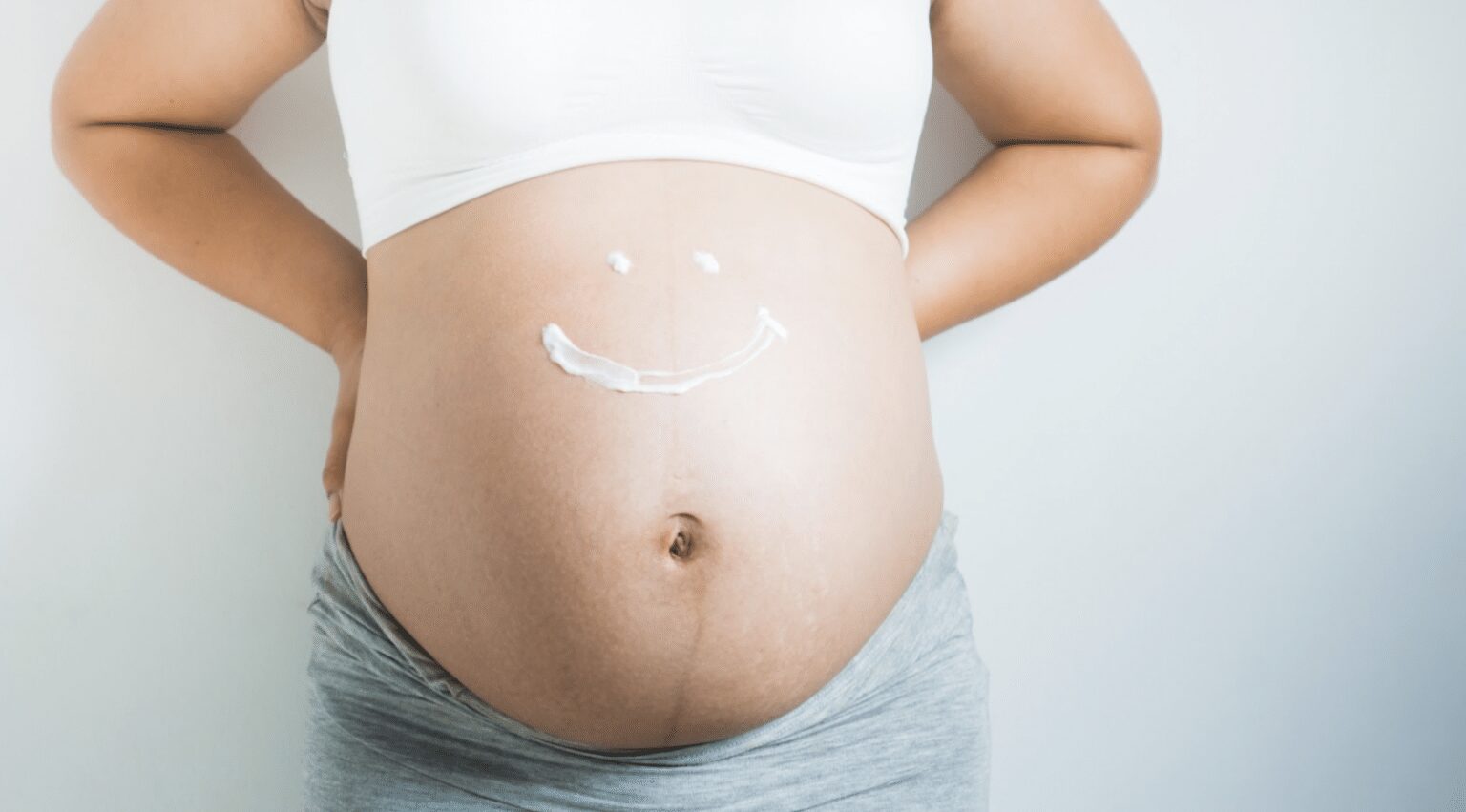Researchers from England have found evidence that babies can react to different smells and tastes even before they are born.
Pregnancy is considered a beautiful phase in any culture whereas science also accords immense importance to the changes that occur during pregnancy. It is widely accepted that a significant portion of a child’s health and mental systems are formed within those 9 months of gestation. Much research is being performed to improve the child’s psychological and physiological well-being inside the mother’s womb.
According to some new research, scientists from Durham University in northeast England have claimed that babies can differ different smells and tastes inside the mother’s womb.
How was the research experiment carried out?
The curious researchers at Durham University studied 4D ultrasound scans of more than 100 pregnant women and gathered information about the facial expressions of the babies while they were being fed. It turned out that the babies who were fed carrots indirectly made a ‘ laughter face’ while the babies that were fed green, leafy vegetables through the placenta made a ‘cry face’.
The specialty of this experiment is that, unlike the other experiments which were performed post-birth, it was performed while the baby was in the womb itself. The lead postgraduate researcher Beyza Ustun said that it might happen through inhaling and swallowing the amniotic fluid in the womb.
The Future Consequences of this Research.
The team from the National Centre for Scientific Research in Burgundy, France was also involved in the experiment. These results show that babies develop a preferential taste for certain food items even before they are born. The team believes that this can pave the way for touting the babies to eat healthy when they are born.
Therefore, the parents at large can get rid of ‘healthy food fussing’ by the whining babies. Moreover, the Research co-author Professor Jackie Blissett of Aston University said, ‘It can be argued that repeated prenatal flavour exposures may lead to preferences for those flavours experienced postnatally.’ This can lead to a stir in the healthcare and wellness industry aimed at pregnant women.
How do humans perceive taste and smell?
It is widely believed that humans use their sensory and olfactory receptors to perceive smell and taste. The obvious organs for them are the tongue and nose but in the case of babies, it might be bodily fluids. The babies receive nutrients and water through the blood infusion that takes place through the placenta.
It is a chord connecting the mother’s uterus wall with the baby’s abdomen. If the babies truly react to the different tastes and smells, that means their food habits can be layered even before they are born. More research needs to be done on a larger scale for this topic.

Moreover, this time only the data of European women were collected. To make any substantial claims, data from all around the world needs to be collected where different ethnicities are reflected. Also, the number of participants shall be increased along with an improved variety of foods fed to the mothers. A list of foods and the baby’s reaction will help authenticate the research.
The researchers from the esteemed universities also believe that it will be fascinating to see whether the babies are primed to like the certain taste and change their preferences once they eat the food in the outer world and taste it with their tongues. The experts believe that this may spark a new debate in the industry and prompt the companies to come up with products and services that ‘alter’ the way babies eat, hence influencing the mother’s decisions and the baby’s health. So far, the announcement of the experiment’s results has been kept under wraps. If proven undisputable, this can have serious and far-flung consequences on humanity’s quest for health and longevity.
Read More: Anti-inflammatory therapy helps treat preterm pregnancy babies













